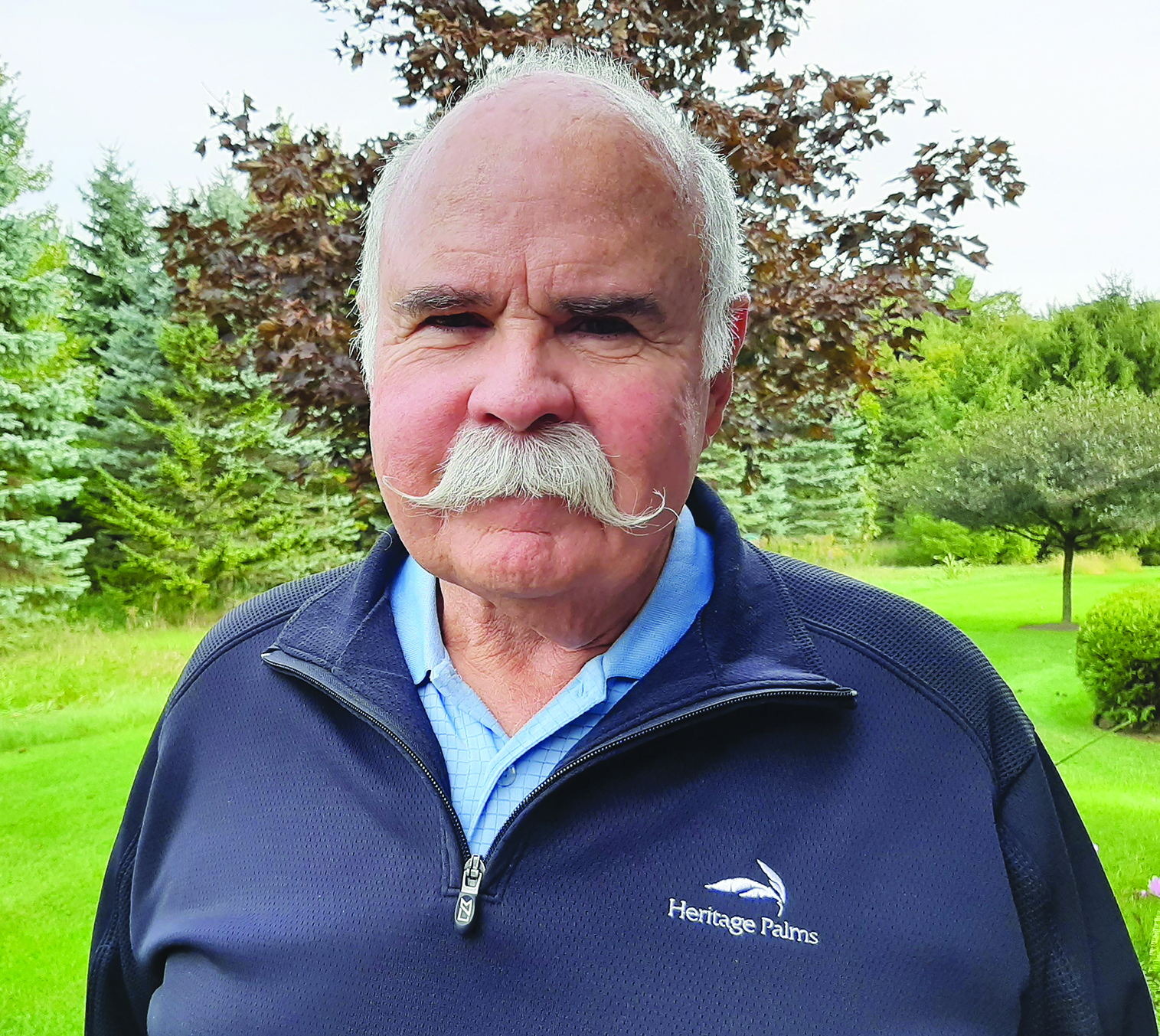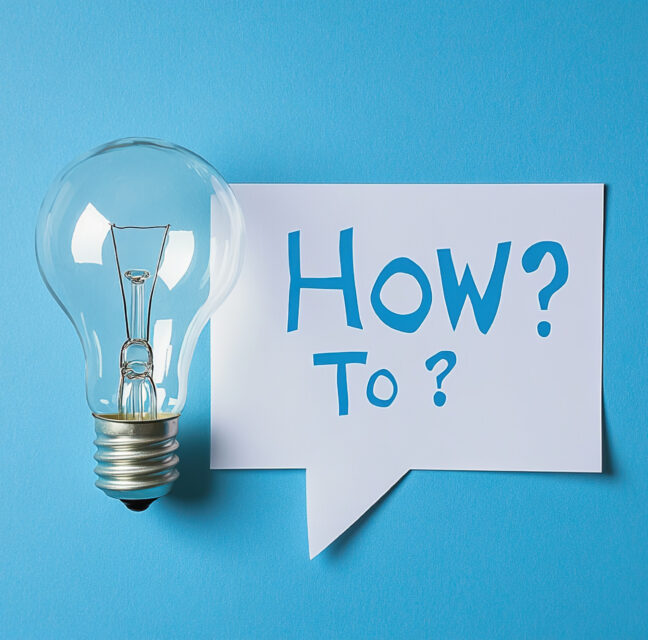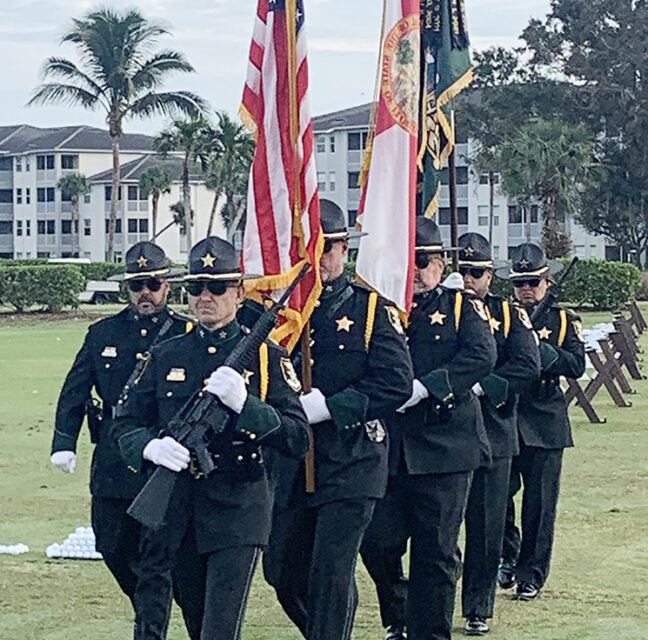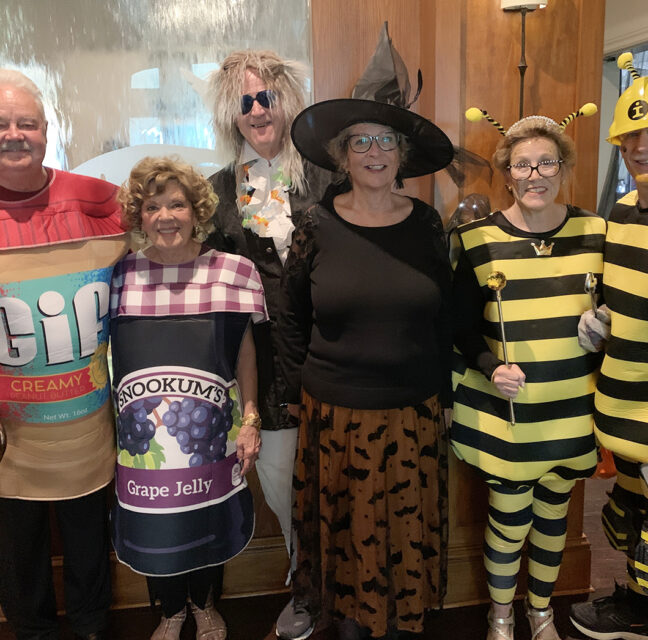

“I heard there was a secret chord, that David played and it pleased the Lord…” Leonard Cohen’s lyrics are the inspiration of the title of a new book by Dr. Daniel Levitin on music, medicine and healing.
The Old Testament story goes that David (of Goliath-smiting fame) was summoned to play the harp for King Saul when bouts of madness took him over. David’s music spoke to him on a level that calmed his troubled mind and relieved the king’s madness for a time. Such, in those biblical times, was the power of music. Such is the power of music today.
A San Francisco native, Dr. Levitin is a musician, a neurologist, an author, and professor emeritus from McGill University. What he brings to his research on cognitive decline is the scientist’s dedication to fact-based research, along with a liberal dose of a musician’s need to connect with others. He does this through his search for emotional truths through the power of song that can touch the soul and provide respite from the ravages of cognitive deterioration.
How do we treat ADHD, chronic pain, cognitive decline, schizophrenia, and general depressive states? Mostly, our medical system falls back on drugs. The growth of opioid use saw those drugs as a panacea for any ailments that needed to be forgotten, at least for the time being. Unfortunately, the harmful effects and societal damage caused by treating opioids like candy has come home to roost. There has to be a better way.
Well, Dr. Levitin’s solution is as old as the bone flute – music. Song predates written language as the communal means to tell stories, relate history, and generally celebrate pretty well anything. It’s communal, participatory, and a central part of the social fabric, whether you are talking about Bantus, Bedouins or Baptists.
The healing power of song is the proverbial leap of faith. Certainly, it’s obvious that everyone in the church congregation is rooting for you when they are singing to make you feel better. There has to be, however, more to it. The compassion and empathy, manifested in the structure of the music and the beat can cause neural changes, providing a sense of peace, well-being, or hope in hard times.
Musicians often write songs as a means to work something personal out through their lyrics and chords. The resulting song touches that writer and, if it is successful, touches others in the same way. It’s that emotional truth which speaks to the listener, perhaps making him or her feel calmer, more peaceful, or more hopeful of finding a solution to their particular problem.
Glen Campbell was ravaged by Alzheimer’s, however, with the help from his daughter and his band, was still able to perform music and play like a master until the late stages of his life. Memories of music, stored in a different part of one’s brain, are some of the last memories to go. That is why we remember the words to so many songs of our youth. Perhaps, that is why Campbell was able to reconnect to his lost self for a while.
Of course, music speaks to different people in different ways. The healing power of song is ambiguous. It’s my reaction to this song, which brings me a personal feeling of peace. Your reaction to another song is what makes it your own. Music speaks to you, not at you. For each of us, there is a secret chord. Can you hear it?






